Brake Calipers for Audi A3 2010 2011 4PCS Disc Front Rear Brake Calipers
$831.02
Upgrade your Audi A3’s braking system with a premium Brake Caliper. Designed for precise fit and performance, this replacement ensures safety and durability.
Description
Introduction to Brake Calipers for Audi A3
Brake calipers are a crucial component of a vehicle’s braking system, serving as the mechanism that applies pressure to the brake pads against the brake rotor in order to slow down or stop the vehicle. This function is vital for the overall effectiveness of the braking system, particularly for models such as the Audi A3 from the 2010-2011 production years, which feature a disc brake system known for its reliability and performance.
In a disc brake setup, the brake caliper encompasses the brake pads and is mounted over the rotor. When the driver engages the brakes, hydraulic fluid is directed from the master cylinder to the calipers, causing them to clamp the brake pads against the rotor. This action generates friction, which is essential for deceleration. Proper functioning of the brake calipers ensures optimal performance of the vehicle’s braking system and enhances safety, as it directly affects stopping distances and control during braking.
However, like any mechanical part, brake calipers can encounter issues that may lead to decreased performance or even failure. Common problems include caliper leaks, where brake fluid escapes, and sticking calipers, which can cause uneven wear on brake pads and increased stopping distances. If left unaddressed, these issues not only compromise braking efficiency but can also pose serious safety risks. Regular maintenance checks, including inspection of brake calipers, are recommended to ensure they remain in good working condition, thereby supporting the overall safety and performance of the Audi A3.
Types of Brake Calipers for Audi A3 (2010-2011)
The Audi A3 models from 2010 to 2011 utilize two primary types of brake calipers: fixed and floating calipers. Each type has distinct characteristics that influence their performance and suitability for various driving conditions. Understanding these differences is crucial for Audi A3 owners who wish to ensure optimal braking performance.
Fixed calipers are characterized by a design where the caliper body is mounted directly to the steering knuckle. This design stabilizes the caliper and provides consistent brake pad contact with the disc, resulting in enhanced braking performance. The fixed caliper’s construction allows for a larger piston area, offering greater clamping force. Audi A3 owners may find that fixed calipers generally produce more responsive braking, making them particularly advantageous in high-performance settings or under extreme driving conditions.
On the other hand, floating calipers, also known as sliding calipers, consist of a caliper that can move laterally. This movement allows the inner brake pad to apply pressure against the rotor, while a mechanism on the outer side takes care of the opposing pad. Although floating calipers may not provide the same level of initial response as fixed calipers, they are typically lighter and more economical to manufacture. Consequently, floating calipers are often implemented in the Audi A3 for the rear brakes, balancing performance and cost-effectiveness.
When it comes to specifications, front brake calipers usually exhibit a design favoring larger pistons, optimizing stopping power in the front where most braking force is applied. Conversely, the rear calipers are often smaller, given the different weight distribution during braking. It is crucial for Audi A3 owners to identify the correct type of caliper needed for both the front and rear brakes, ensuring compatibility with their vehicle’s braking system while enhancing overall safety and performance.
Identifying Signs of Brake Caliper Issues
Understanding the signs of brake caliper issues is crucial for maintaining the safety and performance of your Audi A3. One of the most noticeable symptoms is unusual noises, which may include grinding, squeaking, or clicking sounds when braking. These noises can indicate that the brake pads are worn down, which may be exacerbated by a malfunctioning caliper that fails to evenly clamp the pads onto the rotor.
Another significant sign of brake caliper issues is brake fading. This phenomenon occurs when the braking system loses its effectiveness after prolonged use, especially during heavy braking. If the pedal feels softer than usual, or if the vehicle requires more force to stop, it could indicate that the calipers are not functioning correctly.
Uneven wear on brake pads is also a critical indicator of brake caliper problems. Ideally, both inner and outer pads should wear evenly. If one side of the brake pads is more worn than the other, it suggests that a caliper may be stuck or not applying pressure evenly. Similarly, if you notice that your Audi A3 pulls to one side when braking, this could signify that a caliper is seizing, causing uneven braking force.
Fluid leaks around the caliper area can also be a troubling sign. Brake fluid leaks suggest that there may be a failure in the caliper seals, leading to diminished brake performance and potentially unsafe driving conditions. It is important to regularly check the brake fluid level to identify any unexpected drops, which may hint at a leak.
To prevent escalating issues, it is advisable to perform regular maintenance checks on your brake system. Inspecting the brake pads, listening for unusual noises, and checking for fluid leaks can help detect caliper problems early and ensure the longevity and effectiveness of your braking system.
Installation and Replacement of Brake Calipers
When it comes to maintaining the performance of your Audi A3 (2010-2011), understanding the installation and replacement of brake calipers is crucial. This task, while manageable for a competent DIY enthusiast, requires following specific steps for safety and efficiency. Firstly, ensure you gather the necessary tools: a socket set, torque wrench, brake fluid, screwdrivers, and a caliper removal tool. Also, gather a jack and jack stands for safely elevating the vehicle.
Before starting the replacement, it is essential to prioritize safety. Always disconnect the negative battery cable to avoid any electrical issues. Then, securely lift the vehicle using the jack and support it with jack stands. Once the wheel is removed, inspect the current setup to determine which caliper requires replacement. Clear the area of any debris and fluids to maintain a clean working environment.
Begin the brake caliper installation by removing the old caliper. This usually involves unscrewing the mounting bolts and detaching the brake line. It’s crucial to use a caliper hanger to avoid stress on the brake line. Once the caliper is removed, prepare the new caliper by applying a small amount of brake grease to the contact points. This will ensure smooth operation and prolong the life of the part.
Next, mount the new caliper in place, making sure to position it correctly over the brake pads. Reattach the brake line and fasten the mounting bolts to the manufacturer’s specified torque settings. After installation, refill the brake fluid reservoir and bleed the brakes to eliminate any air in the system. Finally, perform a test to ensure functionality.
If you encounter difficulties or feel uncertain at any point, it is advisable to consult a professional mechanic. Proper installation is vital for the safety and efficiency of your Audi A3’s braking system.
Choosing the Right Brake Calipers
When selecting brake calipers for your Audi A3 (2010-2011), several critical factors should be considered to ensure optimal performance and safety. One primary consideration is the material of the calipers. Most commonly, calipers are made from either aluminum or cast iron. Aluminum calipers are lighter and offer improved performance, particularly in high-performance driving conditions, while cast iron calipers tend to be more durable under heavy usage, making them a preferred choice for standard driving.
Brand reputation also plays a significant role in your decision-making process. Opting for established brands with a solid track record in manufacturing brake components can provide peace of mind regarding quality and reliability. Well-known brands such as Brembo, ATE, and EBC Brakes are often recommended due to their dedication to precision engineering and rigorous testing standards. These brands tend to offer products that are not only effective but also compliant with various safety regulations.
Furthermore, price is an essential factor to consider when purchasing brake calipers. While it may be tempting to go for the lowest-priced option, investing in higher-quality calipers could save money in the long run by reducing the likelihood of failures and costly repairs. Always compare the specific features and warranties offered by different brands to determine the best value for your investment.
As you consider your options, it can be beneficial to purchase brake calipers from reputable automotive parts retailers. Many of these retailers offer online platforms where you can read reviews and ratings from other users, further assisting you in making an informed decision. With the right calipers, you can ensure that your Audi A3 maintains its performance and safety on the road.
Conclusion
In summary, selecting the right brake calipers for your Audi A3 (2010-2011) involves careful consideration of various factors, such as material, brand reputation, and price. By focusing on these elements, you can make a well-informed choice that guarantees both safety and optimal vehicle performance. Regular maintenance and timely replacement of brake calipers are imperative for the safe operation of your vehicle. Always prioritize quality and reliability to ensure lasting functionality of your braking system.

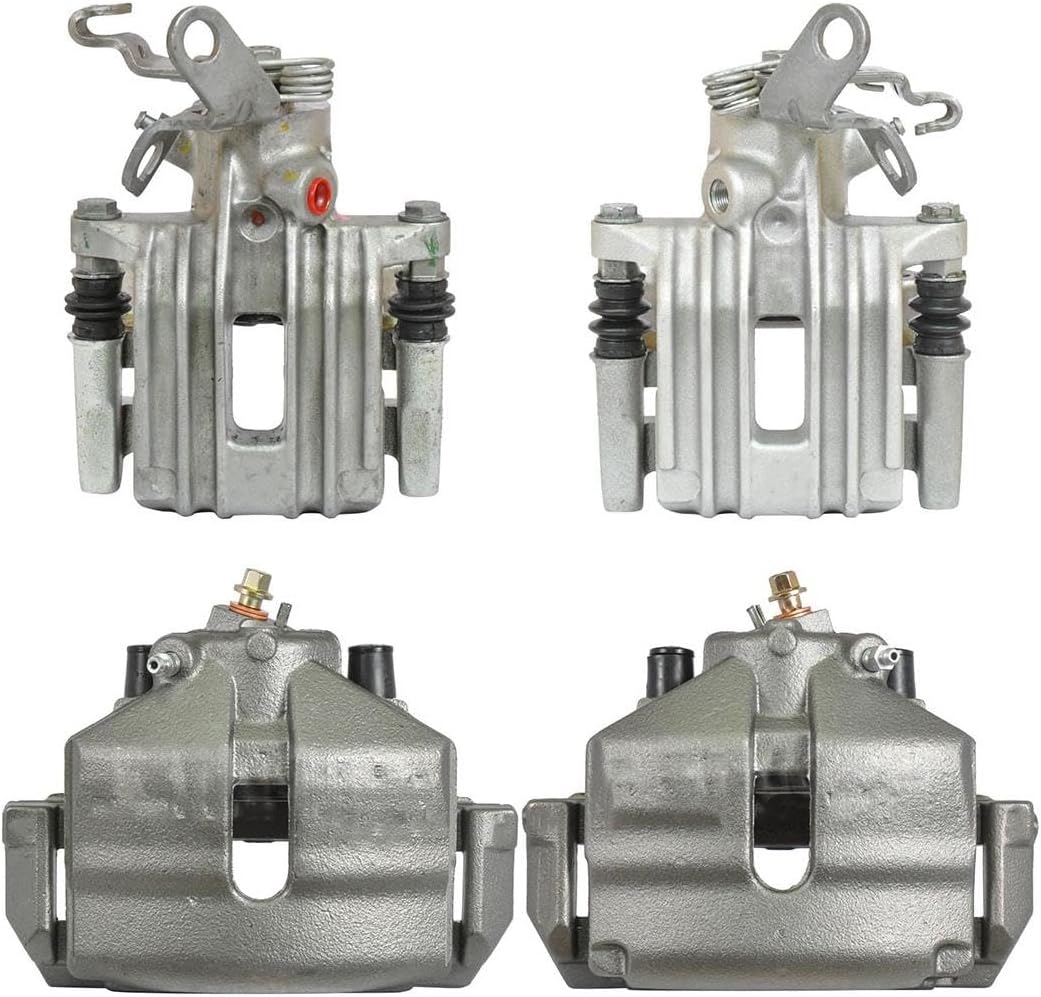
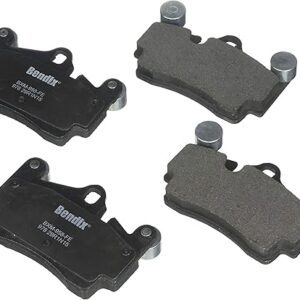

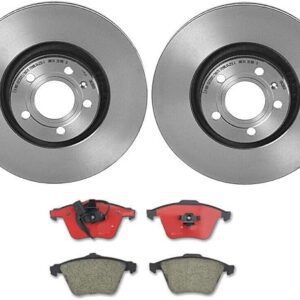
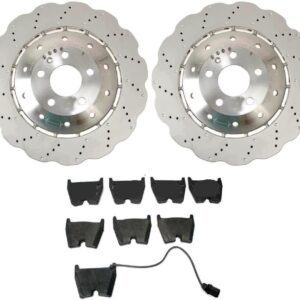
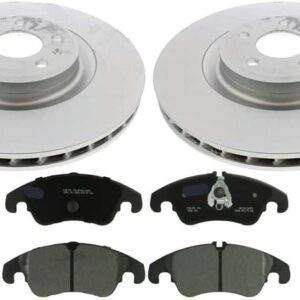
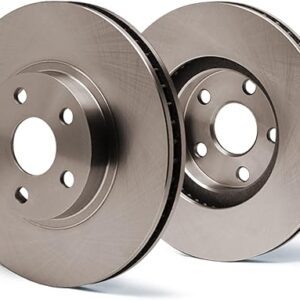
Reviews
There are no reviews yet.